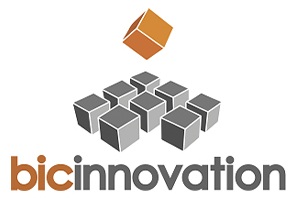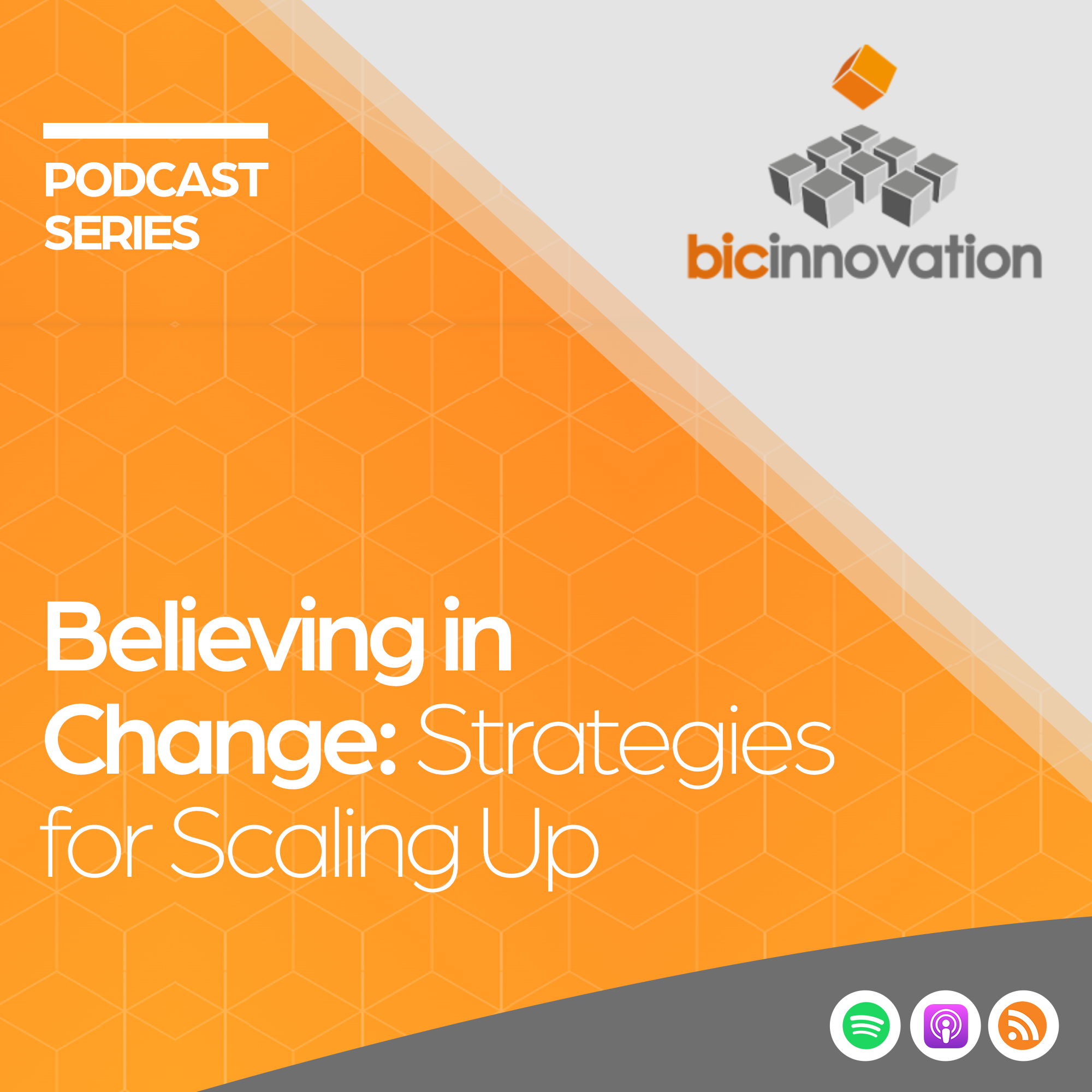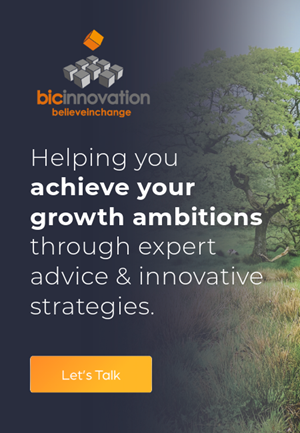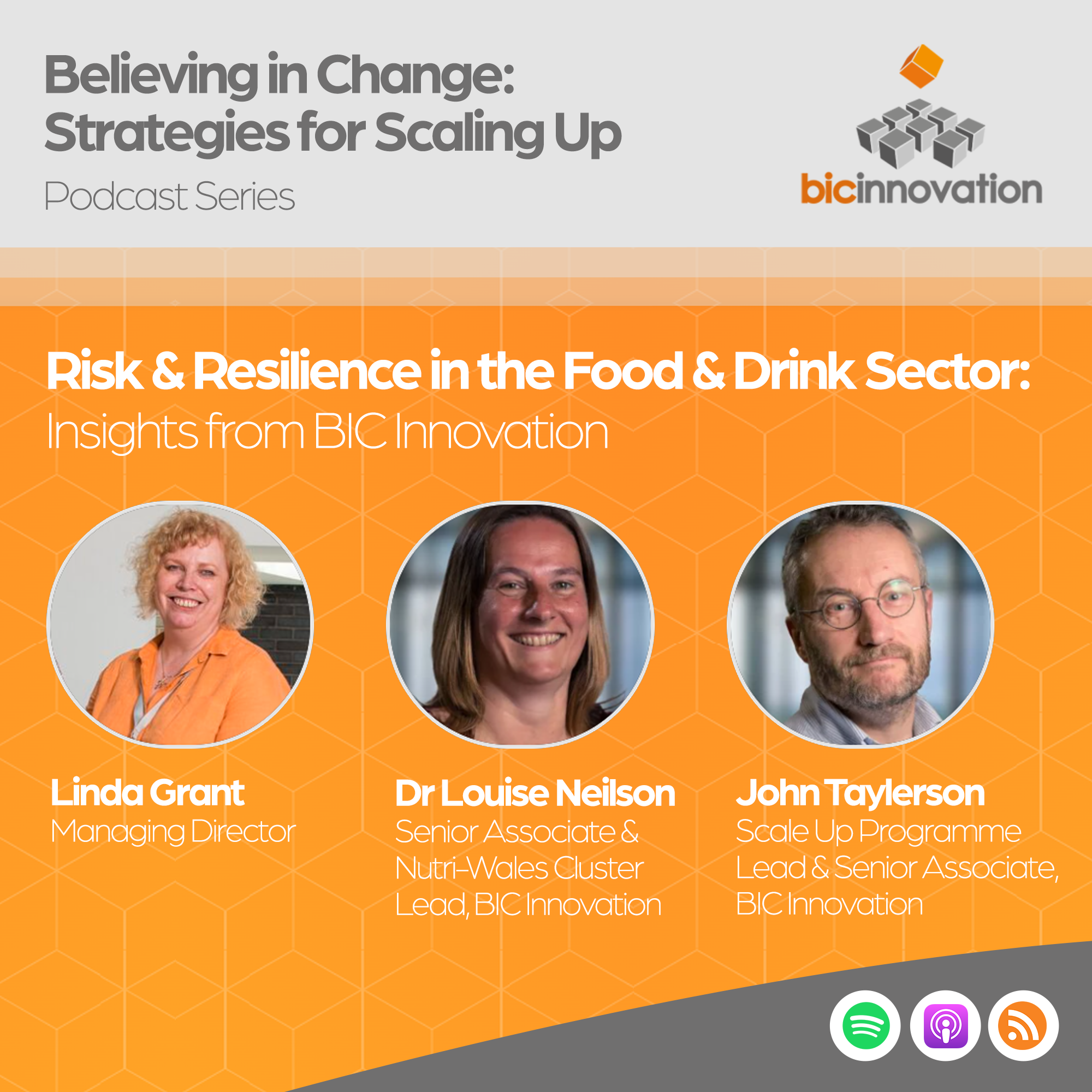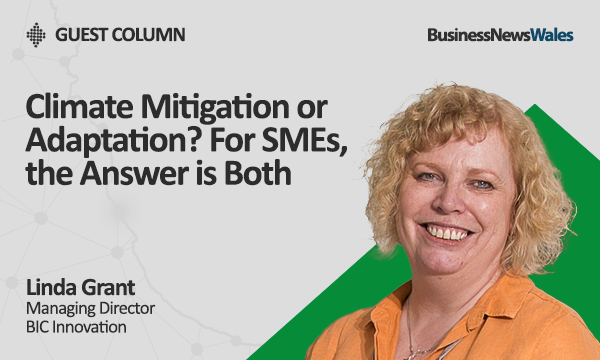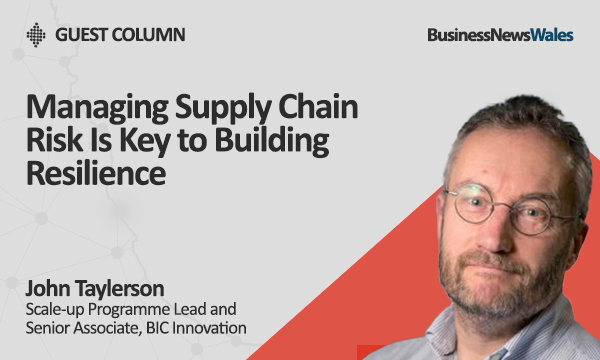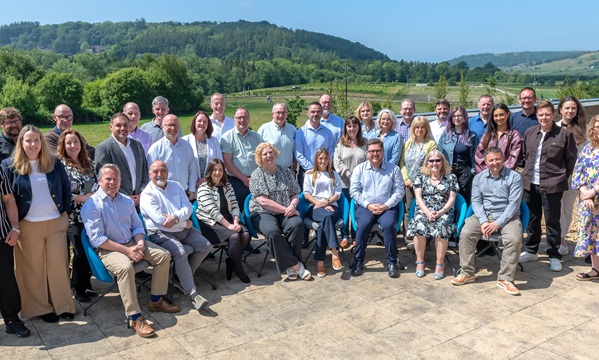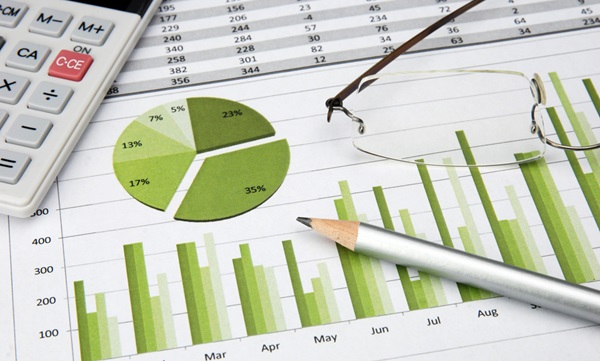
In the face of rising energy costs, climate uncertainty and shifting regulation, many businesses – particularly SMEs – are beginning to reassess their assumptions.
Questions that once felt peripheral are now moving to the heart of business strategy: how resilient are our operations? What impact are we having on the environment? And what could we be doing differently?
These aren’t abstract considerations. They’re becoming very real, very quickly. From heatwaves affecting production to uncertainty across global supply chains, the pressures are tangible. But they also present a choice: respond passively, or actively seek out ways to adapt, evolve, and find value in the change.
That’s why working with Nick Salini and the team at Thermal Earth on their recent demonstrator project has been so encouraging. Here is a business that identified a local, overlooked resource – mine water – and turned it into a working low-carbon heat source for its own facility. The technology itself is impressive, but just as important is the mindset behind it: a willingness to ask what might be possible, and to take action where others might hesitate.
It’s a mindset we try to nurture in our work with innovative SMEs. At BIC Innovation, we help businesses explore how R&D-led thinking can unlock new products, new processes, or simply new ways of looking at a familiar challenge. Sometimes that means supporting a technical development. But more often, it begins with helping a business leader pause and ask: what are the resources already around me, and how could we use them differently?
For some, that’s about recovering energy that would otherwise go to waste. For others, it’s about rethinking materials or re-engineering products to reduce emissions or differentiate in a changing market. In all cases, it’s about looking again at what’s within your control and recognising that innovation doesn’t have to be complex – it just has to be intentional.
We’re still at a point, though, where awareness is often the missing piece. The technical options exist. The support is available. But too many businesses still don’t know where to start, or who to talk to. That’s where demonstrator projects like Thermal Earth’s are so valuable. They make things visible. They shift the conversation from theory to evidence. You see it working, and you begin to imagine how it might work for your own business.
That visibility also builds confidence, which is critical. Investing in innovation, whether that’s low-carbon heat, product reformulation, or digital systems, often means making a case that goes beyond short-term cost. It’s about understanding the long-term value: resilience, compliance, reputation, and yes, commercial opportunity.
And when businesses do start to think that way, it can unlock much more than just energy savings. We’re seeing companies across sectors reduce their reliance on volatile inputs, design for circularity, and develop offers that meet the expectations of customers who are increasingly climate-aware.
The key is not to wait for perfect conditions. Progress starts with the decision to take action, however small, and to look again at the assumptions that shape your operations. I like Louis Pasteur’s line: ‘Chance favours the prepared mind’. And it holds true here. The businesses that are best placed for the transition are those already asking: what can I do now, and what could I do next?
Wales has particular strengths in this space. Our geography and industrial legacy offer practical opportunities for low-carbon innovation, from mine water to marine energy, from advanced materials to smarter buildings. But just as important is our scale. We can collaborate easily, speak to each other directly, and move quickly when ambition aligns with opportunity.
So yes, the challenges facing businesses are significant. But so too are the possibilities if we’re willing to look with fresh eyes, ask better questions, and take that first step towards change.
Rod Howells talks about this and more in the BIC Innovation podcast episode From Mine Water to Market Opportunity – Climate Innovation. Listen to the podcast here.

